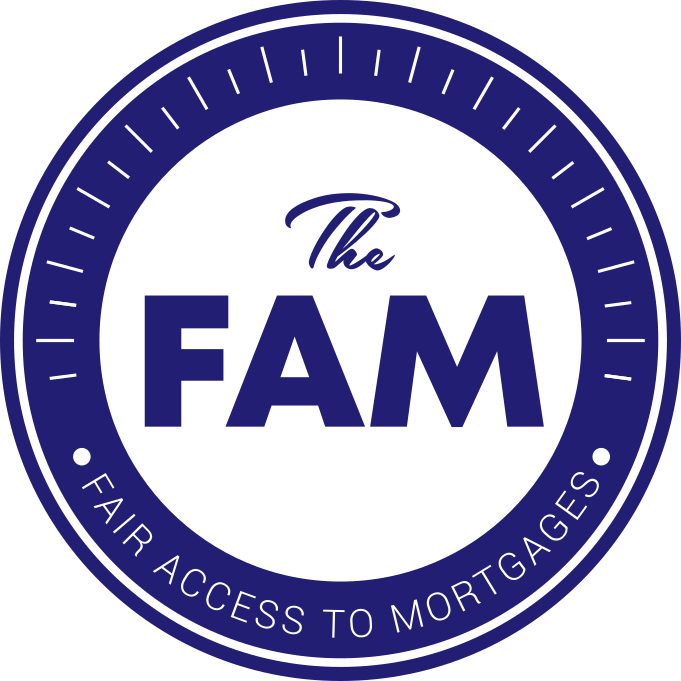
Anytime I heard the word “entrepreneur,” I always felt daunted by it. The idea of investing time, energy, and effort into a cause that someone was passionate about, with the risk of it all failing, was not something that I felt like I had the guts to take on. As a second-year finance and business analytics student at the Olin School of Business, I’ve always preferred being on the “safer” side of investments so to speak, meaning that I had trouble wrapping my head around why entrepreneurs would invest so much into one venture with no guarantee of success. I had to prepare myself when I accepted an offer to work for The Fair Access to Mortgages (The FAM) in St. Louis: a two-year-old non-profit organization that aims to erase race as a factor in housing by helping Black families in St. Louis area get mortgages to become first-time home-buyers. I worked under John Kiehl, the executive director of The FAM, who oversees the day-to-day operations of the organization.
Working for a small non-profit meant that I didn’t have one set job—much like an entrepreneur that is first starting their company—I wore multiple hats. I worked on administrative projects, such as writing legislation for the organization, providing strategic plans around how to better serve clients of The FAM, increasing brand awareness, and developing fundraising strategies. Needless to say, I was working on several different projects that required my due diligence, a deep understanding of different operations, and many other facets of non-profit work.

There would be days I was completely engrossed in writing legislation and the next day I would be contacting venues to host a fundraising event that I was planning by myself. I came upon the realization that the diverse roles I played within the The FAM were the very definition of an entrepreneur that I originally felt apprehensive about. Planning different strategies, proposing fundraisers, and collecting data from clients to improve our organization was all for the larger purpose of the organization which was to help the community—and this was a cause that I was passionate about.
Ultimately, it was the impact that I was creating that drove away the fear of “what if this fundraiser doesn’t work” or “what if this client improvement strategy doesn’t actually help.” The possibility of making a legitimate change in someone else’s life outweighed any doubt I may have harbored—the time I invested had the potential for a greater reward in the larger community.
While the idea of being an entrepreneur is still daunting to me, after my experiences this summer with John and The FAM, I now understand that it’s the passion behind the organization that is the driving force—if there is real benefit from what is being provided, then, it’s worth taking the risk of the investment.

